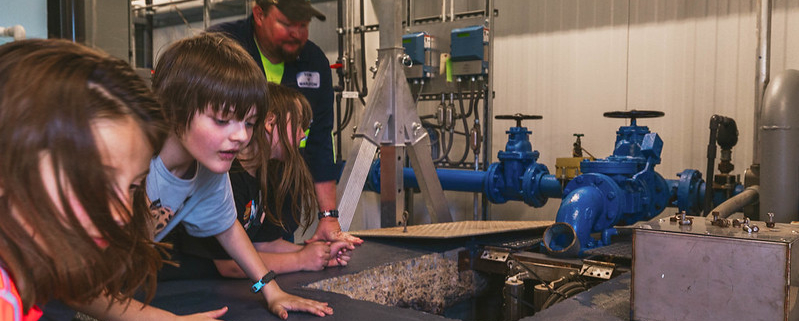Water quality is an issue across the globe. A quick look at the news will illustrate the problem. All across the country, residents are experiencing issues with contaminated water. And often, they don�t know about until long after contamination occurs.
At the end of 2016, a sinkhole caused contaminated water to leak into a major aquifer servicing thousands of residents outside of Tampa, Florida. According to the New York Times, residents were not notified of the problem for weeks. The same article references several recent examples, making it abundantly clear that water contamination is a very real concern.
While you may feel like your hands are tied, there are a few things you can do to within your home to improve your water quality. Try these tips:
- Use a water filter: Using a water filter can help remove bacteria, metals, and other contaminants. The better the quality of your filter, the more it will remove. Make sure that you choose a quality filter and replace it regularly.
- Clean water aerators: Bacteria can become trapped in your water aerators. Remove them and clean them thoroughly to avoid buildup. Check out these tips for cleaning an aerator.
- Properly dispose of hazardous wastes: Take the effort to properly dispose of hazardous chemicals and other household waste. Keeping this waste in its proper place keeps dangerous chemicals out of your water.
- Keep your pipes and plumbing maintained: Older pipes or plumbing in disrepair may contain lead. By keeping your plumbing in good working order, you reduce the chances of lead in your water.
- Properly maintain septic tanks: Septic tanks can overflow if not maintained appropriately. When that occurs, waste can leak into the ground contaminating the water supply. Check out the EPA�s tips on maintaining your septic system.
- Keep storm drains clear: Stormwater is a big supplier of drinking water. By keeping storm drains clear of debris and other materials, you are helping to keep your drinking supply clean.
- Avoid using hot water for drinking or cooking: Hot water helps to dissolve sediment and other chemicals contained in water pipes. When this happens, the contaminants become mixed with your water supply.
- Boil your water: When communities suspect water contamination, a boil order is often issued. Boiling your water helps to remove dangerous elements, making it safe to drink. If you suspect that your water has been subject to contamination, boil it. Check out these additional tips for boiling your water.
Ultimately, if you suspect that your water is contaminated, you may consider testing it. You can purchase an inexpensive in-home water testing kit from Amazon and other major retailers. You can also find out use online and local resources to find information about your local water quality.





